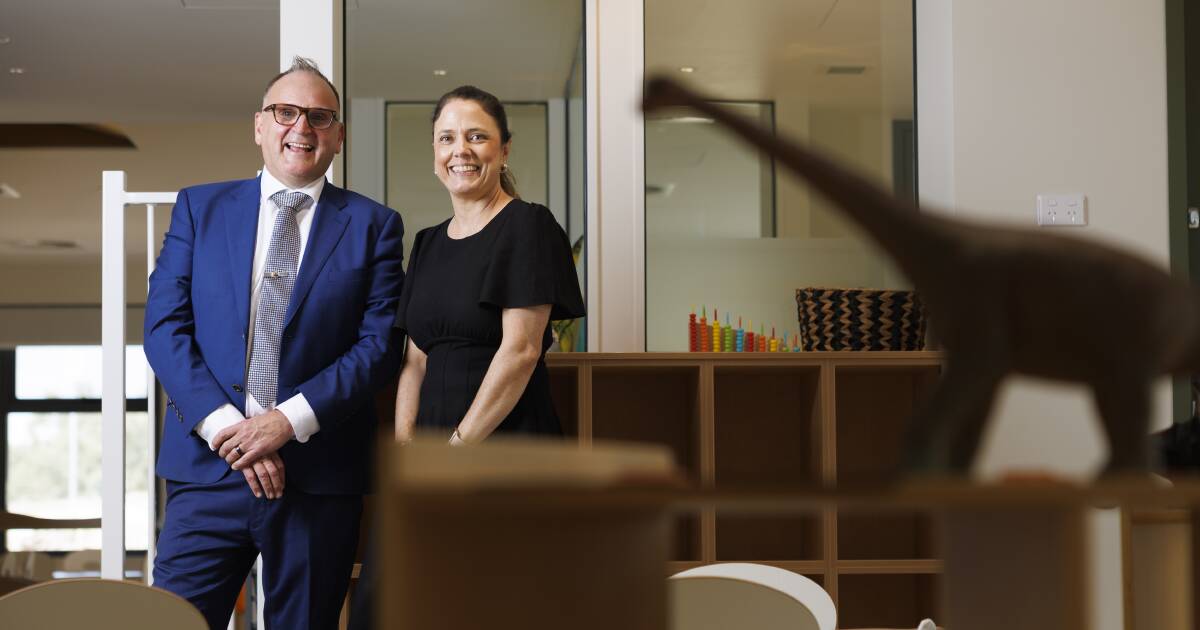
A former Olympian’s claim of gender discrimination at her high-paying FIFO job with energy giant Chevron has been dismissed by the Fair Work Commission. Thea Slatyer, once the captain of Australia’s women’s national soccer team, the Matildas, alleged she was forced to resign due to a ‘toxic’ work environment at the Gorgon LNG project on Barrow Island.
Slatyer, who joined Chevron in August 2023 as the only female area inspector, resigned a year later, citing persistent sexism. She claimed her male colleagues frequently used gendered terms like ‘lads’ and ‘fellas’, excluded her from important communications, and assigned her less complex tasks.
In her testimony to the Fair Work Commission, Slatyer described the workplace culture as a significant barrier to diversity, undermining Chevron’s efforts to retain women. She argued that the company’s failure to address her complaints amounted to bullying, affecting her health and well-being.
Background and Workplace Dynamics
Barrow Island, located off Western Australia’s north coast, hosts Chevron’s massive Gorgon gas project. The site is known for its stringent environmental protections and historically male-dominated workforce. Slatyer’s experience as the sole female inspector highlighted ongoing challenges in achieving gender diversity in such environments.
According to Slatyer, the issues began upon her joining the team, which she described as ‘ego-driven’ and resistant to change. She reported feeling unsafe and unsupported, facing exclusionary language and behavior that wore her down mentally.
‘Nearly all instances, I have had to continually address and confront usually alone, and each time this has been an unpleasant and an unwelcoming experience which is wearing me down mentally,’ she stated.
Chevron’s Response and Industry Challenges
Chevron’s human resources manager, Rebecca Ricci, acknowledged the presence of unconscious gender bias in the industry, emphasizing that it is a widespread issue requiring time to address. Despite this, Ricci noted that Chevron had measures in place to support a safe and inclusive workplace.
In August 2024, after consulting with an onsite medic, Slatyer returned to Perth and requested extended leave to focus on her studies or transfer to another role. Chevron offered her a temporary position in the Perth office, which Slatyer found unsatisfactory as it did not guarantee resolution of her concerns.
Fair Work Commission’s Ruling
Deputy President Gerard Boyce of the Fair Work Commission concluded that Slatyer’s resignation was not forced. He stated that Chevron had provided support and flexibility, and that Slatyer was considered a valued team member. Boyce emphasized that the company’s response to her complaints was respectful and engaged.
‘A forced resignation requires there to be no other option. Ms Slatyer has failed to demonstrate any action on the part of Chevron which could be objectively said to have put her in a situation where she had no choice but to resign,’ Boyce remarked.
Implications and Industry Reflection
The dismissal of Slatyer’s claim underscores the complexities of addressing gender bias in male-dominated industries. While the Fair Work Commission found no grounds for forced resignation, the case highlights the ongoing challenges women face in such environments.
Experts suggest that companies like Chevron must continue to evolve their workplace cultures, promoting inclusivity and diversity. This involves not only addressing unconscious biases but also fostering environments where all employees feel safe and supported.
As industries grapple with these issues, the case of Thea Slatyer serves as a reminder of the importance of proactive measures and open dialogue in creating equitable workplaces. The outcome may prompt further discussions on how best to support diversity in traditionally male-dominated fields.







